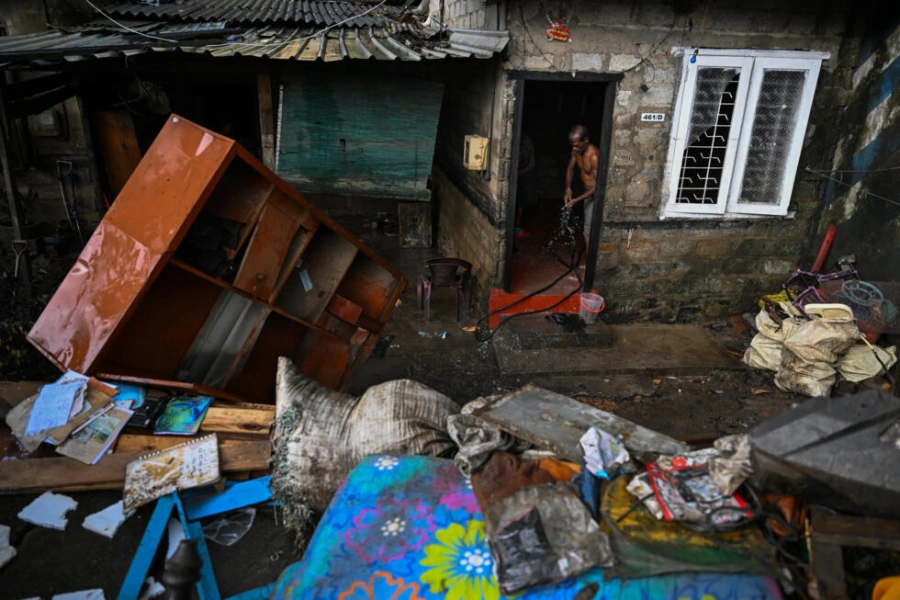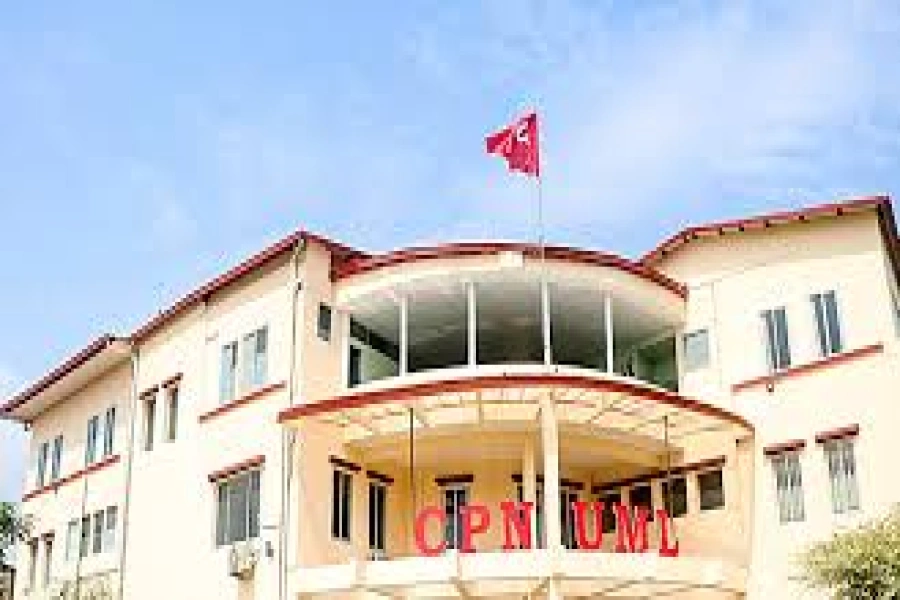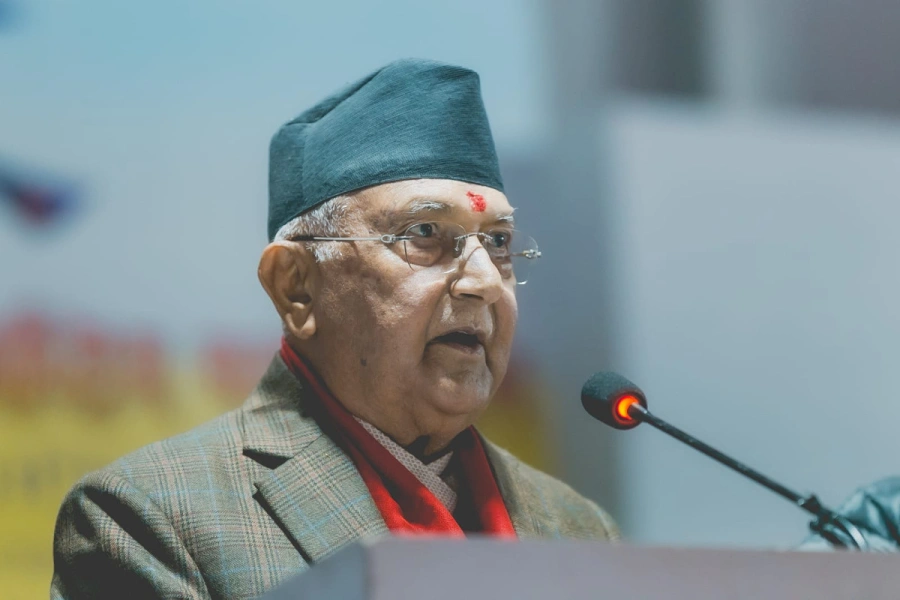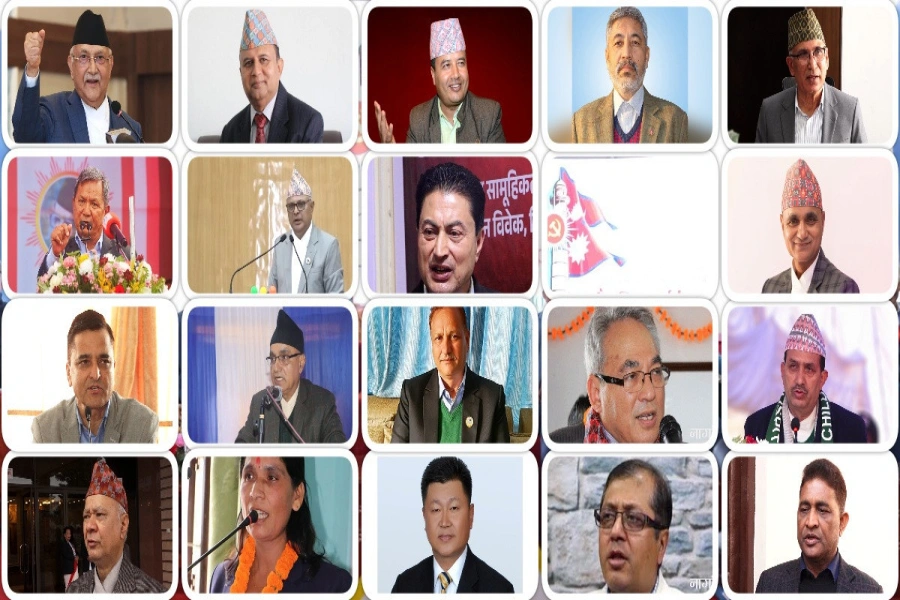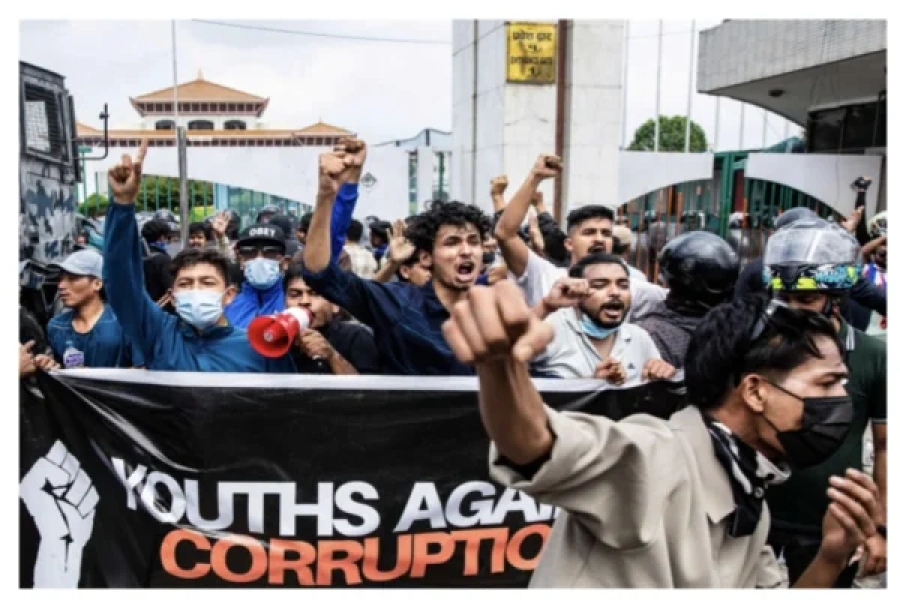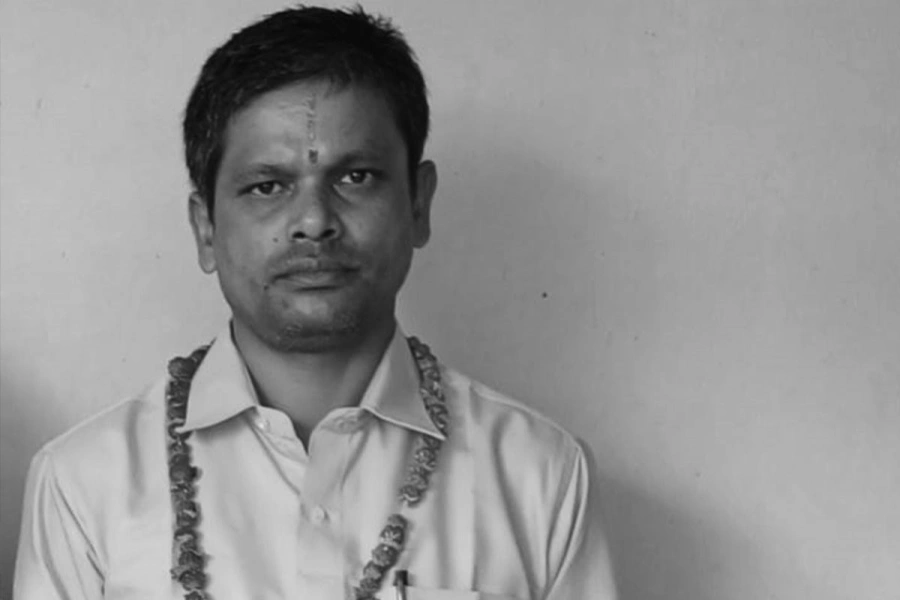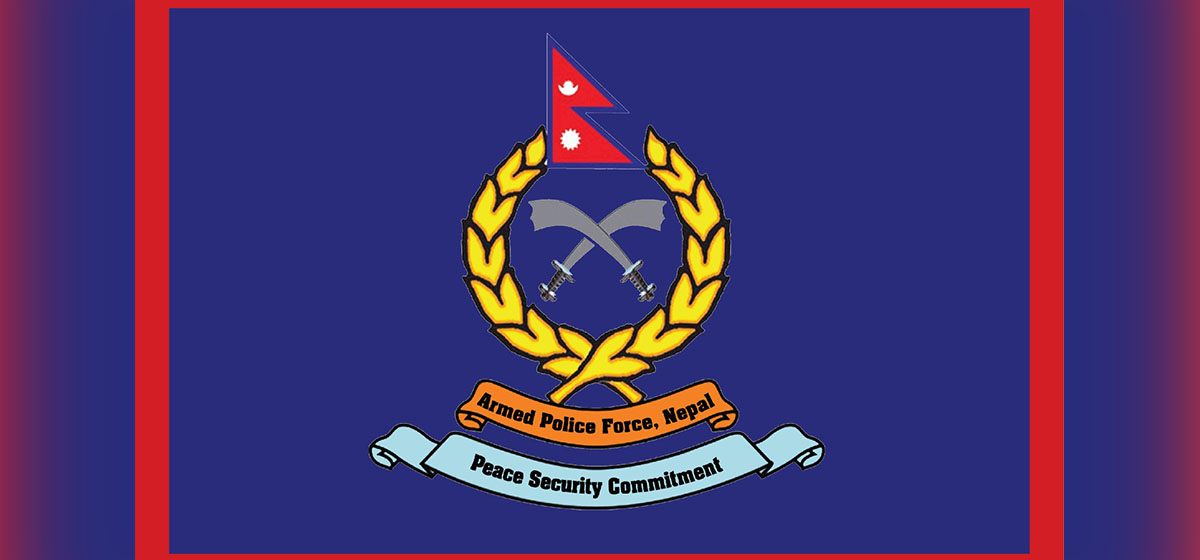Senior NCP leaders also appear divided over a possible solution. NCP Chairman Pushpa Kamal Dahal on Monday said the government was looking for 'administrative solutions' to the problem without further explanation.
KATHMANDU, March 4: As the government explores ways to give 'a fitting reply' to the recent deadly attacks carried out by the Communist Party of Nepal (CPN), it is faced with dilemma over whether to find a solution through political negotiations or tackle it as a security issue.
Last week the CPN, fringe Maoist party led by Netra Bikram Chand had carried out a series of bomb blasts across the country, including one in Lalitpur that left one dead and injured two others. NCP leaders had later claimed responsibility for the blasts and tried to justify the attacks by describing them as necessary for establishing the people's government.
Govt directed to fix sugar price immediately

The Ministry of Home Affairs (MoHA), apprehensive of more attacks in the future, has started consultations with security and intelligence agencies to hash out plans to tackle the possible security challenges. But MoHA officials say that there is still some dilemma over possible measures as many within the government are asking whether it was right to seek security solution to a 'political' problem.
“That's the main reason why we haven't yet gone on the offensive. This problem cannot be tackled through security measures alone,” said an MoHA official. The official said that the police have simply been directed to tackle criminal activities being carried out by Chand's cadres under the cover of politics.
Senior leaders of the ruling Nepal Communist Party (NCP) also appear divided over a possible solution. NCP Chairman Pushpa Kamal Dahal on Monday said that the government was looking for 'administrative solutions' to the problem without further explanation. But NCP leaders from former Maoist party have stood against security solution and urged the government to address the issue through talks. It was the main reason why the government had withdrawn criminal cases after initially arresting senior leaders for allegedly carrying out deadly violence during elections.
The main opposition and other parties have also been mounting pressure to resolve the problem through talks. In the wake of Lalitpur explosion, NC and Bibeksheel Nepali parties had asked the government to bring the disgruntled parties to the negotiating table and seek solution through talks.
Chand-led Maoist party, which has been carrying out political activities in “semi-underground” manner and set up paramilitary structure at the local level, has been defending its activities, saying that it was necessary step to take a decade-long 'people's war' to a logical conclusion through what it calls “unified rebellion”.
The 'unified rebellion' seeks to supersede the parliamentary supremacy with “people's government” through armed insurgency with the support of rural peasants and urban working class.
It's an ideology similar to CPN-Maoist chief Mohan Baidya's ideological line of new people's revolution.
The 'unified rebellion' sees the current struggle as continuation of the 'people's war' itself. Baidya, on the other hand, thinks the 'people's war' has come to an end and stresses on launching a fresh revolt on foundation of that war.



